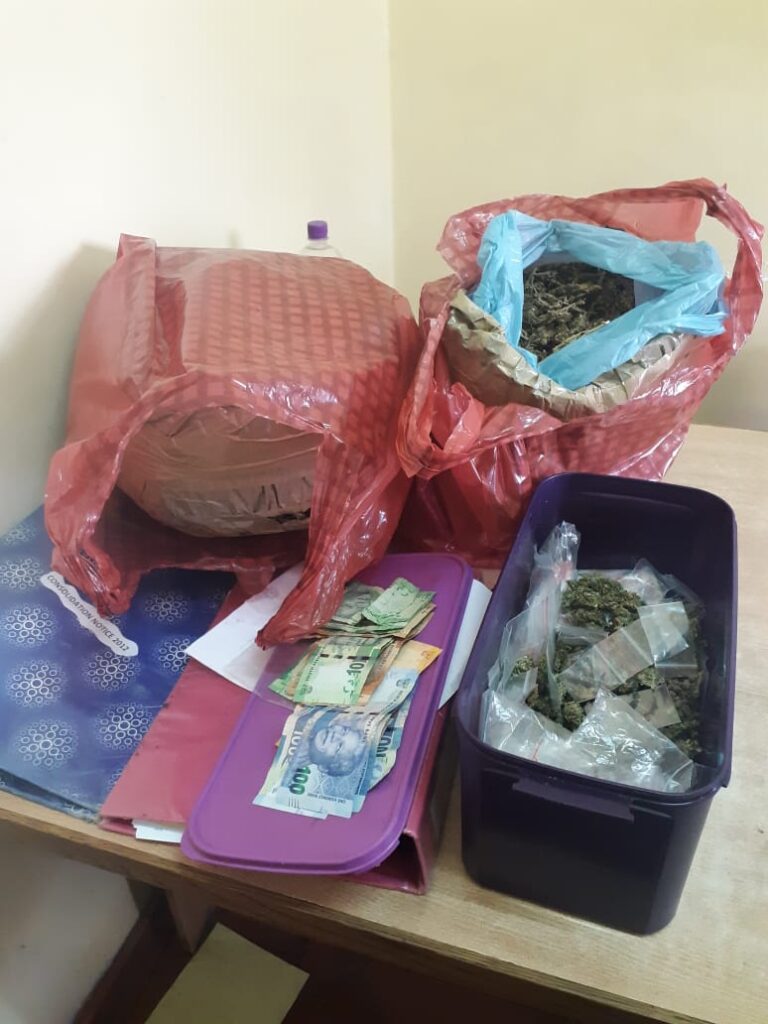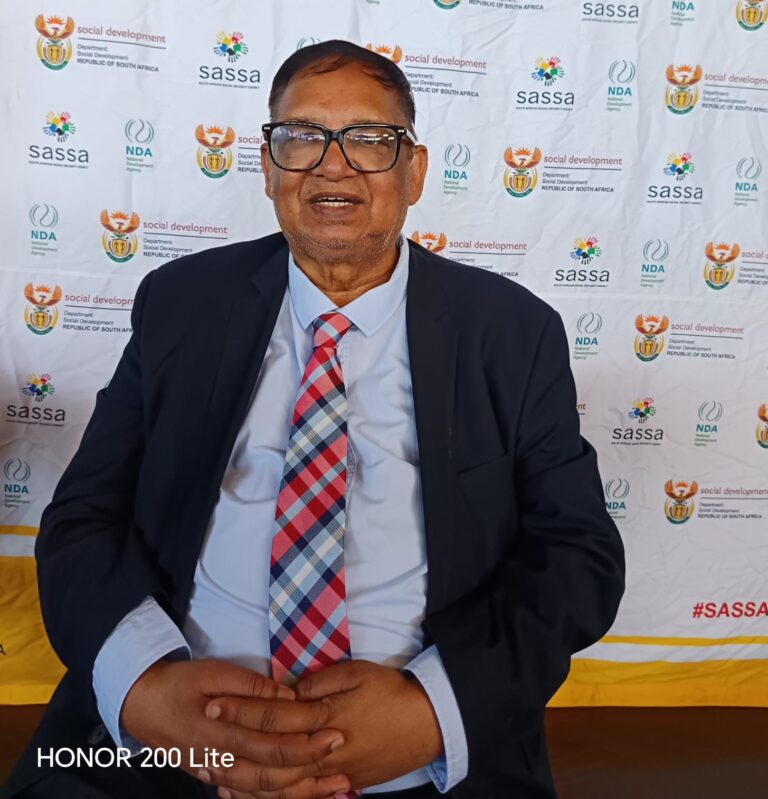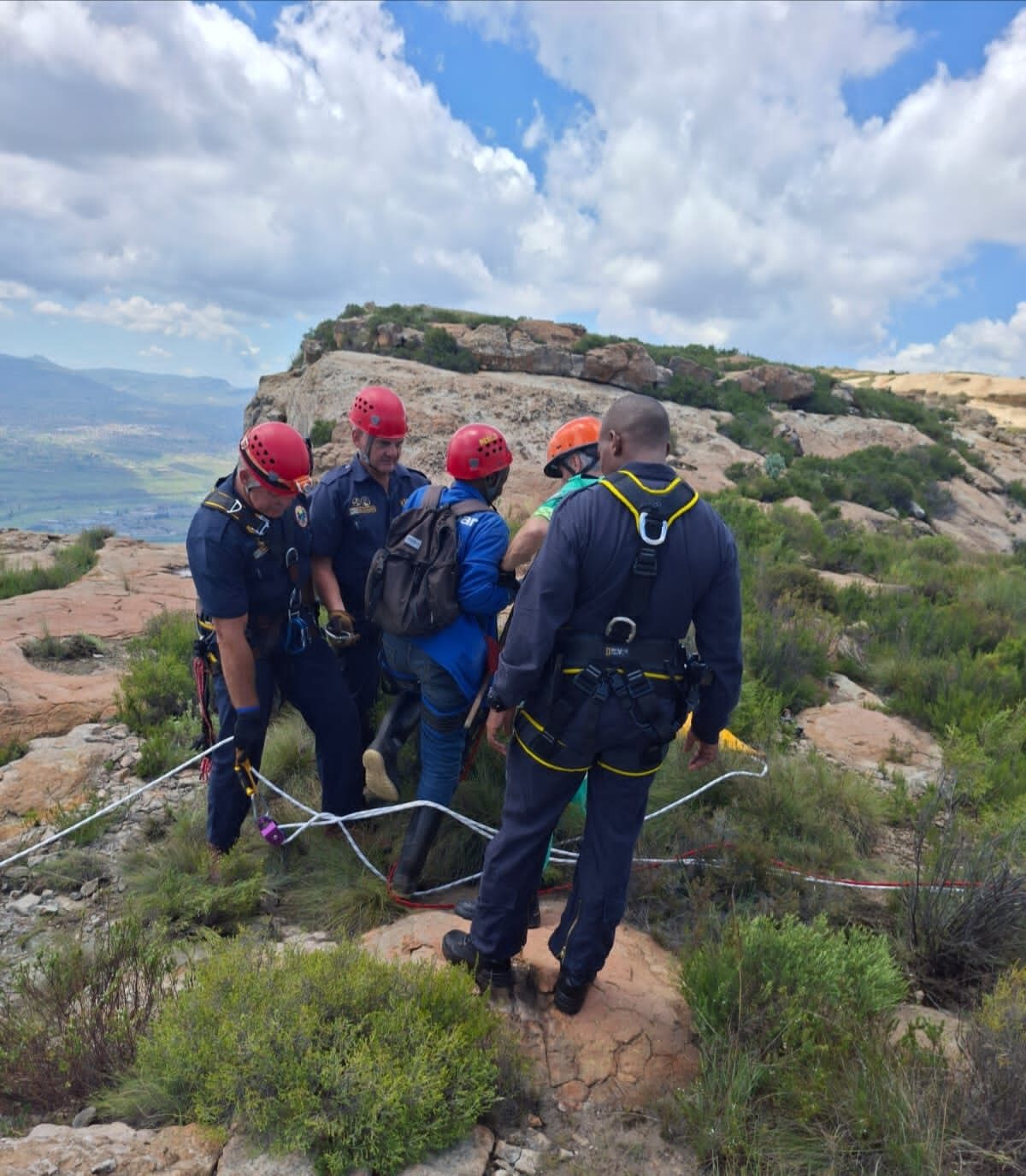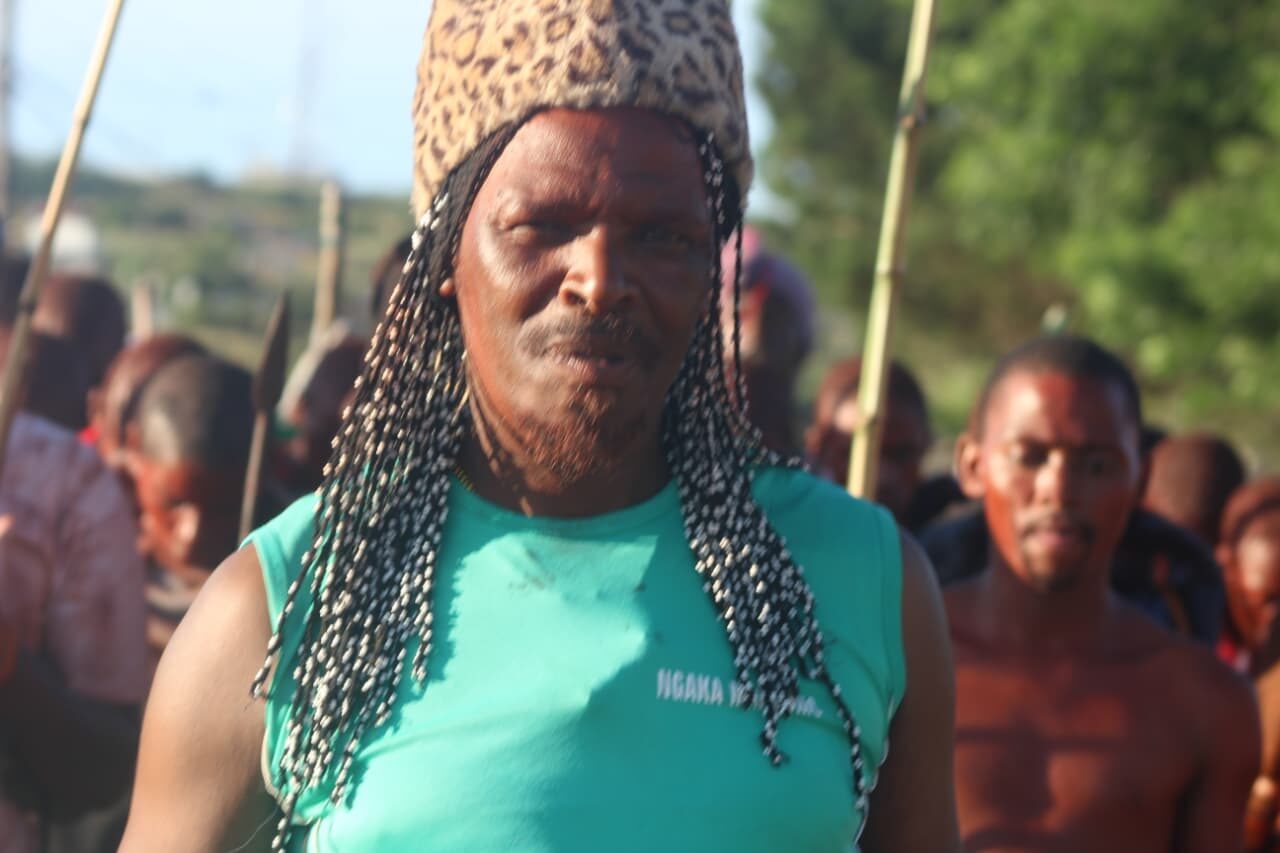By Libuseng Nyaka
QWAQWA – “I find it difficult to live without nyaope. All efforts to quit the drug have been in vain. All I need is an intervention in the form of an injection that will ease my withdrawal symptoms, then I might just be able to regain control of my life again.”
These are the words of Sarah, a 25-year old mother of one from Tseki village who has been ensnared by the dreaded drug.
Sarah said this while constantly biting her lower lip, agitated and edgy as she watched fellow drug addicts already on their usual spot where they share nyaope.
“When I started it was just an innocent experiment. I was only 16. But this has become my life. I can’t seem to be able to quit, no matter how hard I try. I need help so I can go back to school and become a social worker. I dropped out in Grade 10 and now I have a baby to look after. But I am failing as a parent because of drugs. What bothers me most is that I even steal just to satisfy my craving.”
Sarah had just joined more than 35 male drug addicts aged between 22 and 36, queuing for food in celebration of Mandela Month on July 28; the event was organized by the Bataung Ba Ha Mokhele Royal House.
Sharing his story, another drug addict who has also suffered an injury on his foot, attributed his addiction to drugs to releasing stress as he is unemployed and unable to take care of his sibling after death of his parents. This, he said, breaks his heart.
“It all started as a coping mechanism until I got hooked. It is has become a problem. I am afraid of becoming a thief because when I crave for this substance, I can do anything, even stealing. I tried to quit and even joined some rehabs but when I came back and the problems that I tried to forget are still, there I end up using again. I also failed because of the influence of fellow drug addicts. I think I can only be clean if I leave this area and find a proper job.”
Bataung Royal Council spokesperson, Matebesi Mokhele, said they decided to spend their 67 minutes of Mandela Day by fighting crimes and the first step was to assist drug addicts to quit abusing substances.
“We know that drug abuse ends up in criminal activities like theft and robberies. If we can manage to assist a few here to quit, that would be an achievement. We decided to come here at their corner and prepare them food so that we can be able to engage with them. We are not here to judge them, and they are aware of that, hence their freedom to share their stories with us. They complained that sometimes they are reluctant to share their stories with people as some come here to use them.”
Mokhele said these men and two women have a potential to turn their lives around, only if they can be assisted.

Sharing interventions in place to assist drug addicts, the mental health coordinator from social development in Thabo Mofutsanyana, Setenane Sehloho said:
“As an office that rehabilitates people who have mental illnesses and drug abuse, we operate from Monday to Friday. We offer counselling sessions for individuals, groups and families. It depends on each individual’s challenge. We start by screening people for the problems they have in order to determine if we can counsel or refer them. We refer our patients to Aurora in Bloemfontein, or in Ficksburg. These are private rehabilitation centers subsidized by social development. Some get rehabilitated and are now living normal lives, while others abscond or even go back to drugs. They are kept for 21 days but some can even be there for more than a year, depending on the degree of their addiction.”
According to Sehloho, some of drug abusers find themselves using drugs unaware what they are doing until they are hooked and are unable to disentangle themselves.
“Some have lame excuses such as poverty, but we all know if it is poverty, he would be doing something to put bread on the table instead of using drugs. Others do it because of peer pressure and curiosity.”





















One Response
Excellent report my Editor